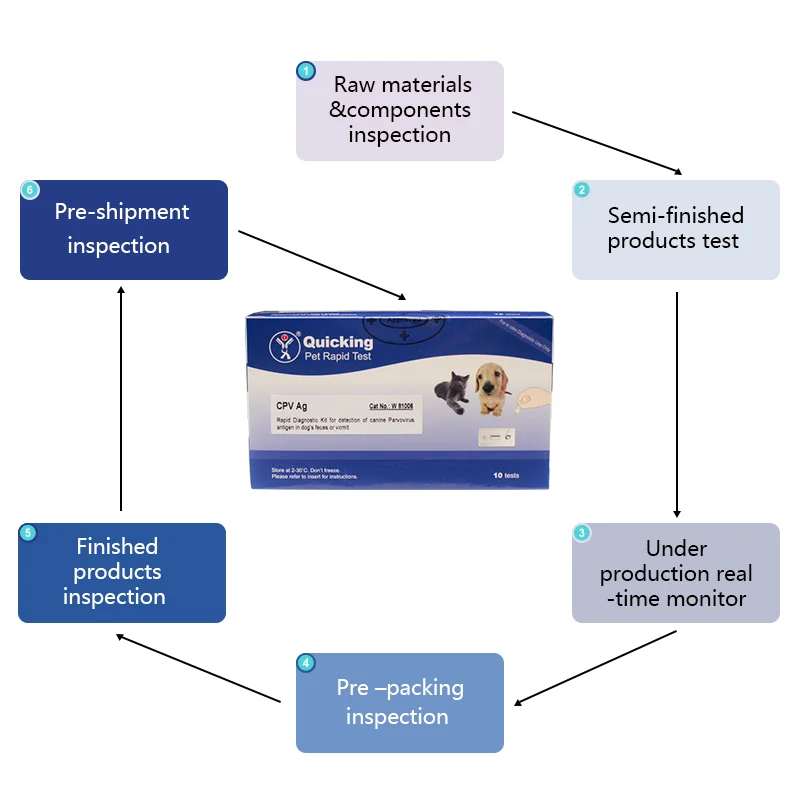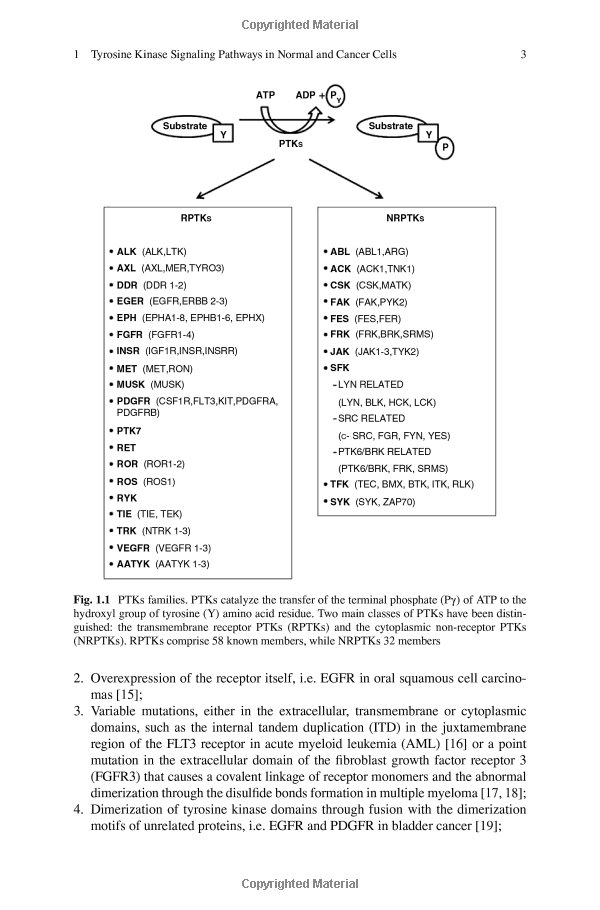Unlocking the Secrets of PET Scan for Bowel Cancer: A Comprehensive Guide
Guide or Summary:What is a PET Scan?Why is a PET Scan Important for Bowel Cancer?What to Expect During a PET Scan for Bowel CancerInterpreting PET Scan Resu……
Guide or Summary:
- What is a PET Scan?
- Why is a PET Scan Important for Bowel Cancer?
- What to Expect During a PET Scan for Bowel Cancer
- Interpreting PET Scan Results
When it comes to understanding the complexities of bowel cancer, a PET scan can be an invaluable tool. This advanced imaging technique not only helps in diagnosing the disease but also plays a crucial role in treatment planning and monitoring. In this article, we will delve into the intricacies of how a PET scan can be instrumental in managing bowel cancer, making it a must-read for patients, caregivers, and healthcare professionals alike.
What is a PET Scan?
A PET scan, or Positron Emission Tomography scan, is a non-invasive imaging test that allows doctors to observe metabolic processes in the body. It involves the injection of a small amount of radioactive material, which is absorbed by cells that are more metabolically active, such as cancer cells. This provides a clear picture of how the cancer is behaving and where it is located.
Why is a PET Scan Important for Bowel Cancer?
Bowel cancer, also known as colorectal cancer, can be challenging to diagnose and treat effectively. Traditional imaging techniques, such as X-rays and CT scans, may not always provide the complete picture. A PET scan offers several advantages:
1. **Early Detection**: PET scans can identify bowel cancer at an earlier stage than other imaging modalities, increasing the chances of successful treatment.
2. **Staging the Cancer**: Understanding the stage of the cancer is crucial for determining the best treatment options. A PET scan can reveal whether cancer has spread to nearby lymph nodes or other organs.

3. **Monitoring Treatment Response**: After initiating treatment, doctors can use PET scans to evaluate how well the cancer is responding, allowing for timely adjustments in the treatment plan.
4. **Detecting Recurrence**: For patients who have undergone treatment, PET scans can help in early detection of any recurrence, ensuring prompt intervention.
What to Expect During a PET Scan for Bowel Cancer
If you’re scheduled for a PET scan, it’s essential to know what to expect. The process typically involves the following steps:
1. **Preparation**: You may be asked to fast for several hours before the scan to ensure accurate results. It’s crucial to follow your doctor’s instructions regarding medications and dietary restrictions.

2. **Injection of Radiotracer**: A small amount of a radioactive substance will be injected into a vein in your arm. This may cause a brief sensation of warmth or discomfort.
3. **Waiting Period**: After the injection, you will need to wait about 30-60 minutes for the radiotracer to circulate throughout your body.
4. **The Scan**: You will lie on a table that slides into the PET scanner. The scan itself usually takes about 30 minutes. You will need to remain still during this period for clear images.
5. **Post-Scan**: After the scan, you can resume your normal activities. The radioactive material will naturally exit your body over time.

Interpreting PET Scan Results
Once the scan is complete, a radiologist will analyze the images and send a report to your doctor. The results can provide insights into the presence, location, and extent of bowel cancer, guiding the next steps in your treatment journey.
In summary, a PET scan is a powerful diagnostic tool that can significantly impact the management of bowel cancer. Its ability to provide detailed images of metabolic activity makes it indispensable in early detection, staging, treatment monitoring, and recurrence detection. If you or a loved one is facing a bowel cancer diagnosis, discussing the option of a PET scan with your healthcare provider could be a crucial step toward effective treatment and improved outcomes.
By understanding the role of PET scans in bowel cancer, patients can make informed decisions and actively participate in their healthcare journey.